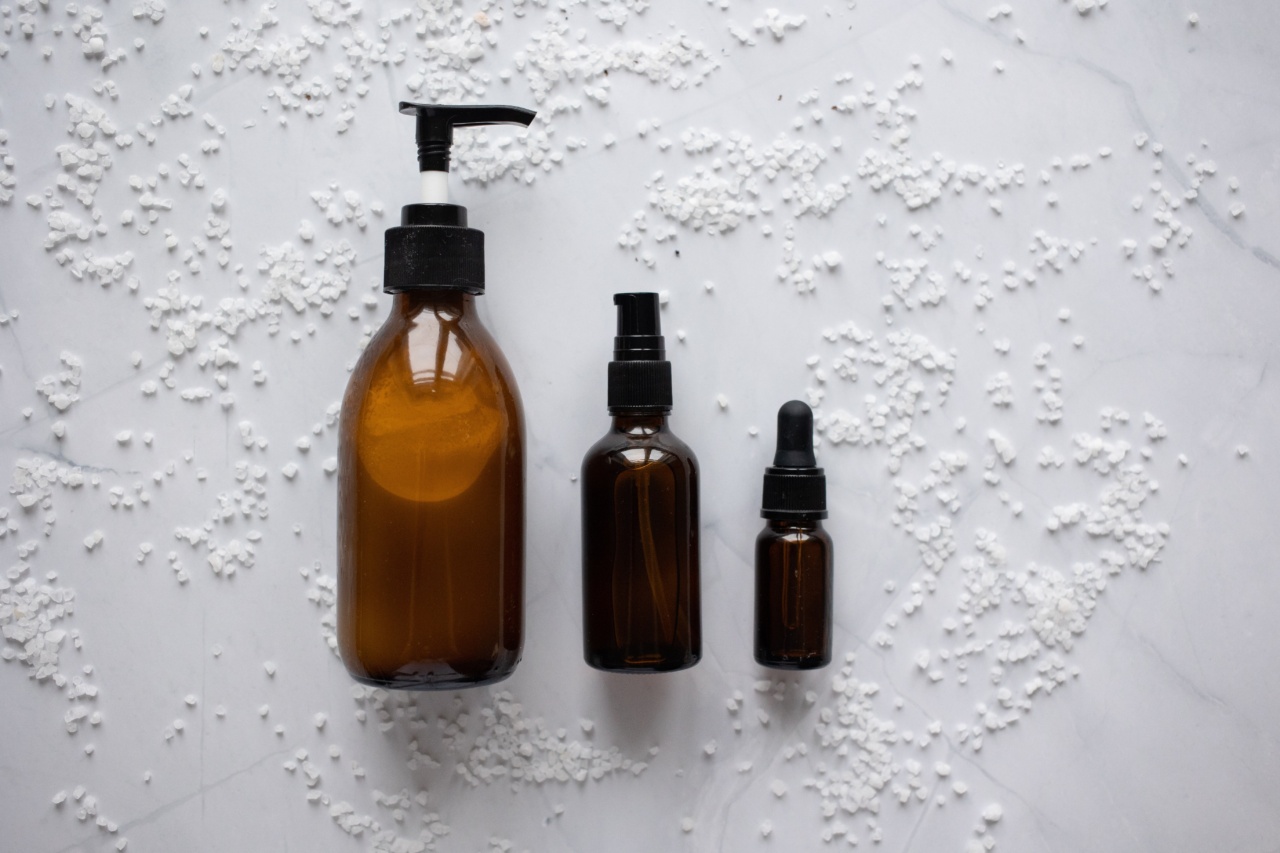Carcinogenic substances are chemicals that can cause cancer. In many cases, people are exposed to carcinogens without even realizing it. This can happen when they come into contact with everyday objects that contain dangerous chemicals.
In this article, we’ll take a closer look at these objects and highlight some of the risks associated with them.
Cigarettes
Cigarettes are one of the most well-known carcinogenic objects. They contain a number of chemicals that have been linked to cancer, including tar, benzene, and formaldehyde.
Smoking cigarettes can lead to a range of different types of cancer, including lung, bladder, and pancreatic cancer.
Asbestos
Asbestos is a mineral that was once used in a variety of building materials, including insulation, ceiling tiles, and roofing materials.
However, it was eventually discovered that exposure to asbestos can lead to mesothelioma, a rare form of cancer that affects the lining of the lungs.
Pesticides
Pesticides are chemicals that are used to kill insects and other pests. However, many pesticides are highly toxic and can be carcinogenic.
For example, exposure to the pesticide glyphosate has been linked to an increased risk of non-Hodgkin’s lymphoma.
Radon
Radon is a radioactive gas that is naturally present in soil and rocks. When it seeps into homes and other buildings, it can build up to dangerous levels. Exposure to high levels of radon has been linked to an increased risk of lung cancer.
Processed meats
Processed meats are those that have been preserved using methods such as smoking, curing, or salting. However, these processes can lead to the formation of carcinogenic substances, such as nitrosamines.
Eating processed meats on a regular basis has been linked to an increased risk of colorectal cancer.
Alcohol
Alcohol is a known carcinogen, and drinking alcohol regularly has been linked to an increased risk of a number of different types of cancer, including breast, liver, and esophageal cancer.
The more alcohol a person drinks, the higher their risk of developing cancer.
Sunscreen
While sunscreen is an important tool for protecting your skin from the harmful effects of the sun, some types of sunscreen contain chemicals that can be carcinogenic.
For example, oxybenzone, a common ingredient in many sunscreens, has been linked to an increased risk of endocrine disruption and cancer.
Nonstick cookware
Nonstick cookware is coated with a substance called perfluorooctanoic acid (PFOA), which has been linked to an increased risk of cancer.
When nonstick pans are heated to high temperatures, they can release PFOA into the air, which can be inhaled and potentially cause harm.
Air fresheners
Air fresheners are designed to make rooms smell pleasant, but many of them contain chemicals that can be carcinogenic. The chemicals used in air fresheners can be inhaled and absorbed through the skin, potentially causing harm.
Some air fresheners have also been linked to an increased risk of asthma and other respiratory problems.
Personal care products
Many personal care products, such as shampoo, deodorant, and lotion, contain a variety of chemicals that can be harmful. Some of these chemicals, such as phthalates, parabens, and triclosan, have been linked to an increased risk of cancer.
To reduce your exposure to these chemicals, look for natural and organic personal care products.
Conclusion
It’s important to be aware of the potential risks associated with everyday objects and take steps to protect yourself. This may mean avoiding certain products altogether or choosing safer alternatives.





























